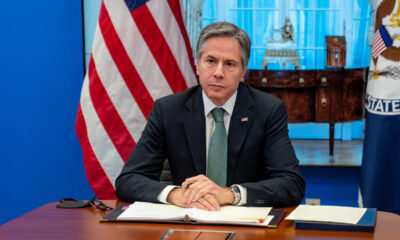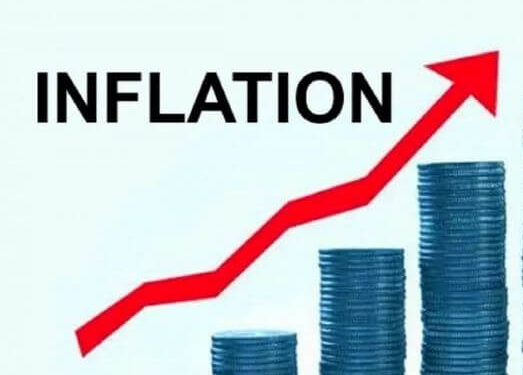Nigeria’s downward economic slop has continued as inflation rate in July rise to 19.64% compared to 18.6% recorded in the previous month.
This means that in the month of July 2022 the general price level was 2.26% higher than in July 2021.
The rise is seen in the Consumer Price Index (CPI) released on Monday the official data source, the Nigerian Bureau of Statistic (NBS).
Food inflation accelerated to 22.02% from 20.6% recorded in June 2022. According to the NBS, the rise in food inflation was caused by increases in prices of bread and cereals, food products, potatoes, yam and other tubers, meat, fish, oil, and fat.
Inflation refers to the rise in the prices of most goods and services of daily or common use, such as food, clothing, housing, recreation, transport, consumer staples, etc. Inflation measures the average price change in a basket of commodities and services over time.
This shows that the headline inflation rate increased in the month of July 2022 when compared to the same month in the previous year (i.e., July 2021).
The percentage change in the average CPI for the twelve months period ending July 2022 over the average of the CPI for the previous twelve months period was 16.75%, showing a 0.46% increase compared to 16.30% recorded in July 2021.
The highest increases were recorded in prices of Gas, Liquid fuel, Solid fuel, Passenger transport by road, Passenger transport by Air, Garments, Cleaning, Repair and Hire of clothing.
Although the war in Ukraine to large degree has compounded Nigeria’s economic woes, with increase in prices of imported food and inputs for fertilizers, as well as increasing oil price volatility and uncertainty around capital flows, but all could not have been said to be well with the Nigeria economy before the war.


 Politics2 days ago
Politics2 days ago
 Musings From Abroad2 days ago
Musings From Abroad2 days ago
 VenturesNow2 days ago
VenturesNow2 days ago
 VenturesNow2 days ago
VenturesNow2 days ago





















